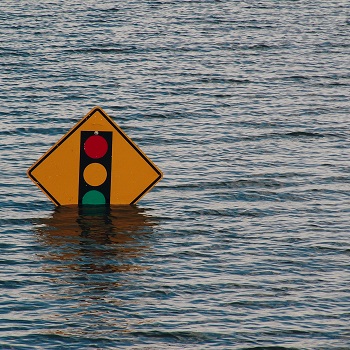Footie Fans’ Jubilation on TV Case May be Premature
It’s not often that court rulings from Europe are celebrated in British pubs, so it was a rare sight to see the delighted reaction of football fans to this week’s ECJ pronouncement on the broadcasting of Premier League matches.
The Court of Justice was responding to the High Court of England and Wales which had asked for guidance on two cases: a legal action by the English Premier League against pubs using cheaper Greek decoders to show Premier League soccer matches rather than using BSkyB, which has exclusive rights to broadcast League matches in the UK, and a criminal case against pub landlady Karen Murphy for using a Greek Nova decoder card to show the matches in her pub.
The judgment will be a rich hunting ground for the lawyers (which rules me out). It plunges into the maze of exclusive television rights, copyright, competition policy and the functioning of the single market – a maze where the Commission itself has often struggled to find the exit!
At first sight, the Court appeared to vindicate the use of the Greek decoders, allowing a somewhat cheaper alternative, albeit with Greek commentary, for pubs and individual supporters who are looking for a money-saving option to watch their favourite teams (no live Premier League games are free-to-air in the UK). National legislation restricting decoders to a national territory “constitutes a restriction on the freedom to provide services that is prohibited by Article 56 TFEU unless it can be objectively justified” says the Court.
The delight of the fans may prove somewhat premature, though, and there are fears that any breaking-up of the territorial rights principle could hit not just sports broadcasting but many other TV and film ventures which are funded and sold on the basis of exclusive deals.
But to the case itself. The Court finds that national legislation “prohibiting the import, sale or use of foreign decoder cards is contrary to the freedom to provide services”. It says it cannot be justified either for the protection of intellectual property rights or to encourage fans to attend matches in person.
The Court argues that the Premier League cannot claim copyright over the matches themselves because the games are not “works” under the terms of the copyright directive. But it goes on to say that the televised match may include features which are subject to copyright, such as highlights of previous games, the opening sequence and theme music, and graphics, where copyright protection would apply. That would seem to give ample scope for the Premier League (or rights-holders in other sporting, film or TV ventures) from protecting exclusive deals with broadcasters.
It would also suggest that the ruling will be less far-reaching in its impact than some commentators have suggested. Films and drama, for instance, would clearly be covered by copyright and could presumably argue the case for exclusive distribution arrangements in order to maximise the return for the author. Other sporting events could be packaged in such a way as to protect their territorial reach.
The real downside of the judgment for English pubs is that showing the matches live is a “communication to the public” under the copyright directive, so showing those elements of the broadcast which are subject to copyright would be a breach of the exclusive arrangements. For the individual, on the other hand, the case would seem to give full protection to someone buying a decoder for any EU broadcaster, taking out a subscription, accessing its satellite signal in another member state and viewing Premier League football or anything else in the privacy of their own home.
The ruling now goes to the Appeal Court in London to provide the basis for a judgment at a national level. Intellectual property lawyers across the EU will be watching with fascination.
Find Out More
-
Why Europe needs a water resilience strategy
February 8, 2024
-
Why the EU can’t risk failure at COP27
November 4, 2022


